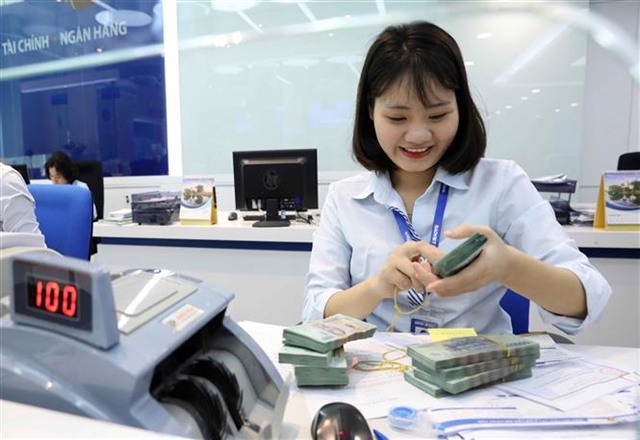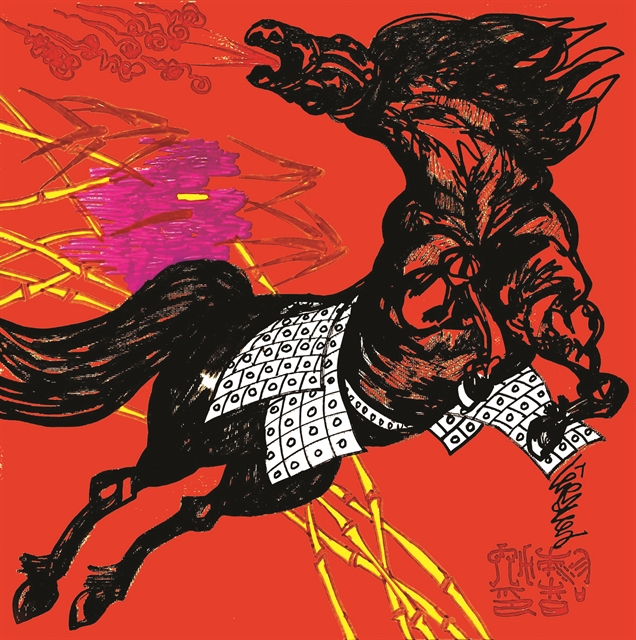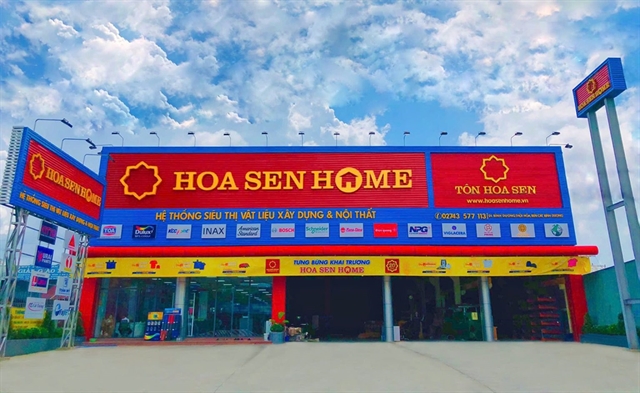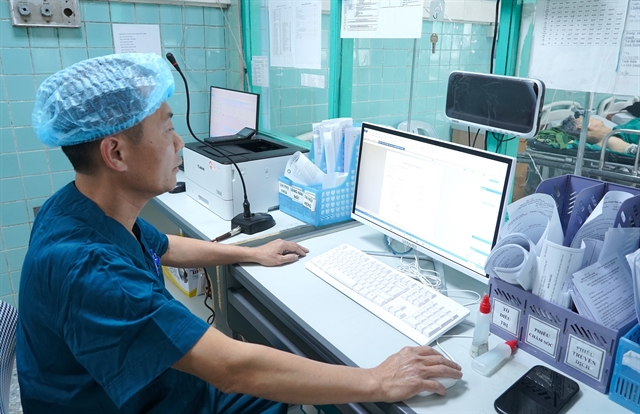 Society
Society

After finishing her farming work, Hồ Thị Nữ, a woman of the Vân Kiều, Pa Cô ethnic minority group in central Quảng Trị Province, goes home to do housework in the afternoon and gets ready for a literacy class with local border soldiers in the evening.
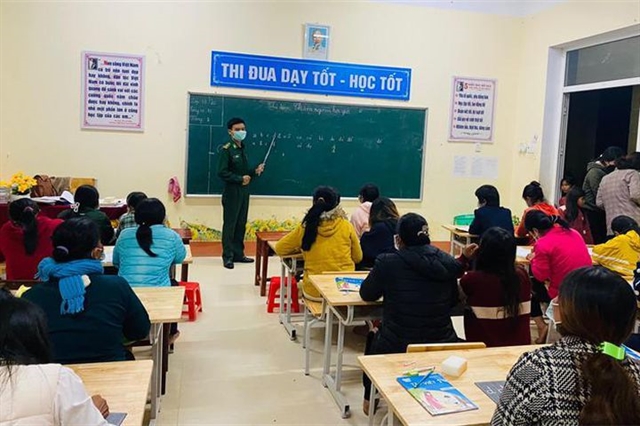
|
| Literacy classes for ethnic minority women in A Dơi Commune, Quảng Trị Province are run by local border guards three times a week. — Photo bienphong.com.vn |
QUẢNG TRỊ — After finishing her farming work, Hồ Thị Nữ, a woman of the Vân Kiều, Pa Cô ethnic minority group in central Quảng Trị Province, goes home to do housework in the afternoon and gets ready for a literacy class with local border soldiers in the evening.
Dozens of ethnic women in A Dơi Commune, Hướng Hóa District have learned how to read and write thanks to literacy classes run voluntarily by soldiers of Quảng Trị Border Guard Station.
A Dơi, a border commune classified as having extremely disadvantaged conditions, is home to more than 3,700 inhabitants, most of whom are from the Vân Kiều, Pa Cô ethnic minority group.
A Dơi Đớ Village has 244 residents from Laos who were granted Vietnamese citizenship status in 2018.
Besides children of school age, the majority of residents in the commune do not know the Vietnamese language.
Three times a week, border soldiers run two literacy classes in A Dơi Đớ and Prin Thành villages to teach 70 local women of different ages.
Most of the women are used to working on the fields all day long and are unfamiliar with books and pens.
Lieutenant Hồ Văn Hữu, one of the teachers in A Dơi Đớ Village, said: “The oldest student is over 60 years old, the youngest is 15-16. Most of them are breadwinners of their families so encouraging them to join the class is a little bit difficult.”
“Luckily, in only a short time, we have encouraged a lot of women to join the class,” he told Biên Phòng (Border) newspaper.
Most of the women are not of studying age but they are all eager to learn new letters and maths, he said.
“We have to select proper teaching methods and inspire them by combining the lessons with cultural activities and dissemination on policies, encouraging local people to get rid of backward customs.”
Hồ Thị Nữ, one of the students, said: “I used to feel shy and scared taking money to the market as I did not understand numbers and letters. I was scared of being cheated.
“Since taking the literacy lessons taught by soldiers, I have been able to read and write the names of my husband and children.
‘I feel grateful for the help of the soldiers. After becoming fluent in reading, I will look for books and newspapers to learn new economic knowledge to help eradicate hunger and reduce poverty for my family,” she said.
Lieutenant Colonel Trần Đức Tứ, a member of Ba Tầng Border Guard Station, said the class not only helped women learn to read, write and do maths, it also gives them communication skills so that they will be more confident in communicating with others and avoid being cheated.
Literacy will motivate women to learn new knowledge and techniques to apply them in their production activities, he said. — VNS

